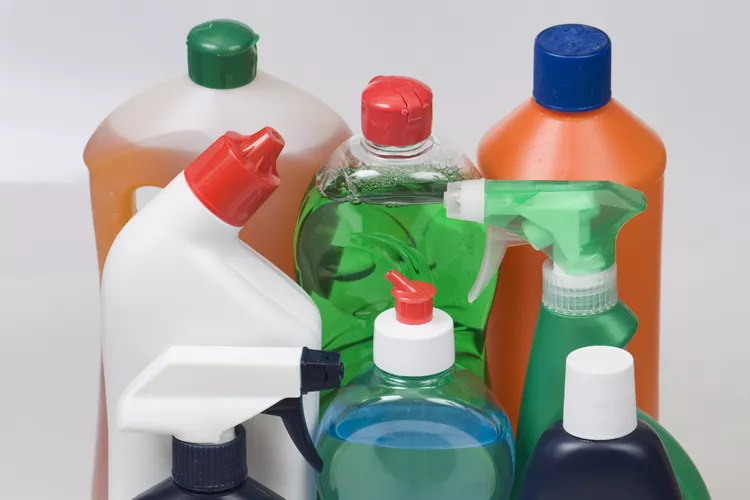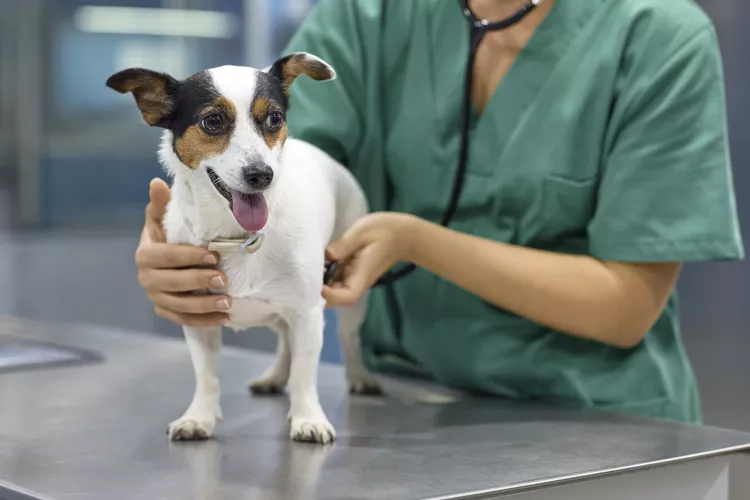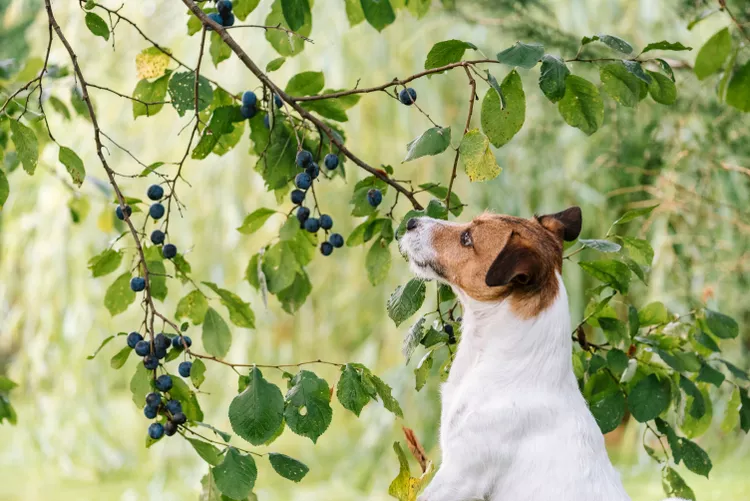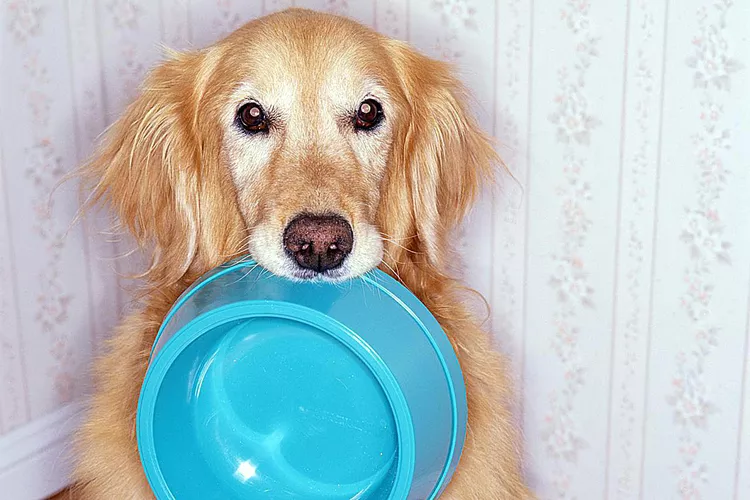
It is not uncommon for owners to ask 'Can Dogs Have Milk?'. The answer is not a simple yes, or no. Milk is not something highly toxic to dogs like grapes, dark chocolate or xylitol. But, if your dog has an intolerance, or is given too much, it can have serious effects.
When puppies have their mother's milk, it is during a time when they have an increased supply of the enzyme called Lactase. This enzyme helps to break down the sugars that are contained in milk, making it easier to digest. Of course, the natural and unprocessed milk the puppies receive is also from their mother, so this is very different from the likes of cows or goat milk.
Once they mature, it is not something they need in their diet. So, if in doubt, it would be best to avoid it, or save for an occasional bit of cheese or lick of ice cream.
As dogs mature and no longer need their mother's milk to thrive, the amount of the Lactase enzyme that they produce naturally decreases. This means that they are not able to break down the sugars in the milk as easily, and they are more likely to develop an intolerance to it.
Of course, not every dog will develop an intolerance, but, like with humans, it is recognized as being a relatively common issue for dogs.
Dogs that suffer from lactose intolerance will usually have an upset stomach. This can result in pain and discomfort, flatulence and diarrhea. Some dogs may also vomit.
The level of the intolerance can vary. Some may only show signs if they are given large quantities of milk, some having been given very little. You should monitor your dog whenever you introduce something new to their diet to allow you to assess if it seems to be causing any problems.
Allergies are less common than intolerances, but, reactions to dairy are one of the more common food allergies seen in dogs. If any reactions happen after eating dairy, you should avoid feeding it altogether and, if the reaction is severe, you should seek veterinary advice.
Aside from the fact that some dogs don't tolerate milk well, it is a food product that is high in fat in its whole form, and when it is in whole dairy products like cheese or cream.
Too much milk or dairy can contribute to obesity problems, and there is the chance that it could contribute to your dog developing a condition called Pancreatitis. This can be a very serious, sometimes even life-threatening, condition that can become a reoccurring problem after the first bout. It can be triggered by too much fat in a dog's diet.
A lot of owners believe that giving their dog additional dairy products as part of their diet will provide them with a good source of calcium. While calcium is important for healthy bone development and other functions, this can be provided by dietary sources that are more appropriate for dogs.
A high-quality, balanced and complete dog food will already contain an appropriate amount of calcium. It is also found in meat, vegetables like broccoli, and even in ground bone. All of these would be better for your dog than regular servings of milk or dairy products.
Don't forget that it is not just milk itself that could cause problems. Dairy products are often given to dogs as a treat or supplement to their diet. Cheese, for example, can be a popular training treat.
If this is chopped into small pieces and only given occasionally, it shouldn't cause any major problems. However, it would probably be better to look for a healthier treat alternative that your dog enjoys just as much.
If your dog does have an intolerance or allergy, you should always double-check the ingredients for anything new you are giving them. Even some commercial dog treats can contain dairy products.
Goat milk is becoming an increasingly popular alternative to cows milk. It has a lower amount of lactose than cows milk. So, in theory, it should be easier for your dog to digest, and it is believed to be less likely to cause an allergic reaction. Again, though, this is something that is not required by your dog and, given the potential for contributing to obesity, it would be best to limit this to small quantities. Don't feed your dog any milk until you have consulted your veterinarian.

10 Obscure, Little-known Canine Facts in Honor of National Dog Day
With National Dog Day upon us, it's time to celebrate everything about our favorite pets—even the weirder stuff. Here are 10 obscure facts about dogs you probably didn't know.
Exploring the Different Types of Pet-Friendly Beaches
Are you looking for pet-friendly beaches? Learn about the different types of pet-friendly beaches, their locations, and tips for visiting them with your pet.
Toxic Chemicals & Household Items That Can Poison Dogs
There are many things in and around your home that can endanger your dog. Learn which chemicals and household items can poisin your dog.
Bronchitis in Dogs
Is your dog coughing and feeling unwell? It could be due to respiratory inflammation called bronchitis. Learn the causes, treatment, and prevention.
Choking in Dogs
A dog can occasionally swallow something incorrectly and start choking. Find out how you can tell if your dog is choking and what you can do about it.
Why Does My Dog Smell So Bad?
Does your dog smell? Find out what could be causing these unpleasant odors and if it's something that needs more than just a bath to fix.
Is Rosemary Safe for Dogs?
Rosemary is used both for cooking and as a supplement with many reported health benefits in people, so you may be wondering if it is safe to give to your dog. Rosemary is considered non-toxic for dogs but with some caveats.
Can Dogs Eat Blueberries?
Dogs can safely eat blueberries. Blueberries are packed with nutrients and can be a great addition to your dog's diet when fed in moderation. Learn more about the benefits, risks, how to incorporate blueberries into their diet, and other fruits dogs can eat.
Dog Food Basics
Are you feeding your dog the best way possible? Check out these dog feeding tips to keep your dog healthy and happy.
Swedish Vallhund: Dog Breed Characteristics & Care
The Swedish vallhund makes for a high-energy and affectionate companion. Learn about the breed's history, health, exercise needs, and more.
Becoming a Show Dog: Getting Started
Do you have the perfect puppy? Have you considered showing her in a dog show? There's much more to showing than showing up! Here's how to get started.
How to Care for a Hairless Cat
Hairless cats make great pets but they aren't without their own challenges and requirements. Read on to learn how to best care for your furless feline.
British Shorthair: Breed Profile, Characteristics & Care
The British Shorthair is a calm, affectionate cat that looks and feels like a plush teddy bear. Here's what you need to know about this popular breed, including appearance, temperament, health, and care.
Tonkinese: Cat Breed Profile, Characteristics & Care
The Tonkinese cat is a perfect mix of the Siamese and Burmese—smart, sociable, and sweet. Learn about the Tonkinese breed.
How to Stop Your Cat From Chewing Electrical Cords
Cats are known to pounce and attack inanimate objects, like electrical cords. Learn how to prevent your cat from ambushing objects that may harm it.
How to Stop Aggression in Kittens
Kittens may show aggressive behavior for several reasons. Sometimes their play gets too aggressive while other times the kitten is afraid or upset. Learn how to spot and curb aggression in kittens.
46 Egyptian Cat Names
Whether inspired by notable Egyptian deities, locales, or pharaohs, Egyptian cat names can bring out the divinity of your noble feline companion.
How to Tell If a Kitten is a Boy or a Girl
If you're wondering whether your new kitten is a boy or a girl, here are three ways to help determine the sex of your cat.
Signs Your Cat Is Aging and When to See the Vet
Expect some changes when your cat ages. Learn to differentiate between normal and potential medical problems for your elderly cat.
Coronavirus in Cats
Feline coronavirus (FCoV) rarely harms cats but can lead to another life-threatening illness. Learn the causes, treatment, and prevention.